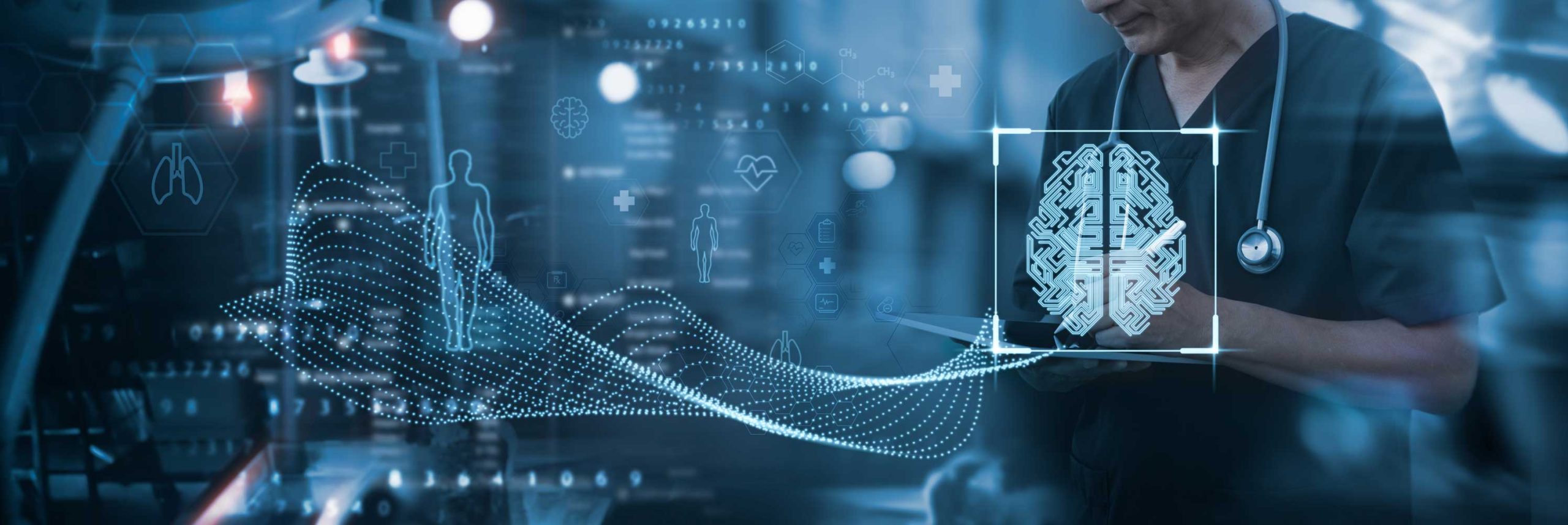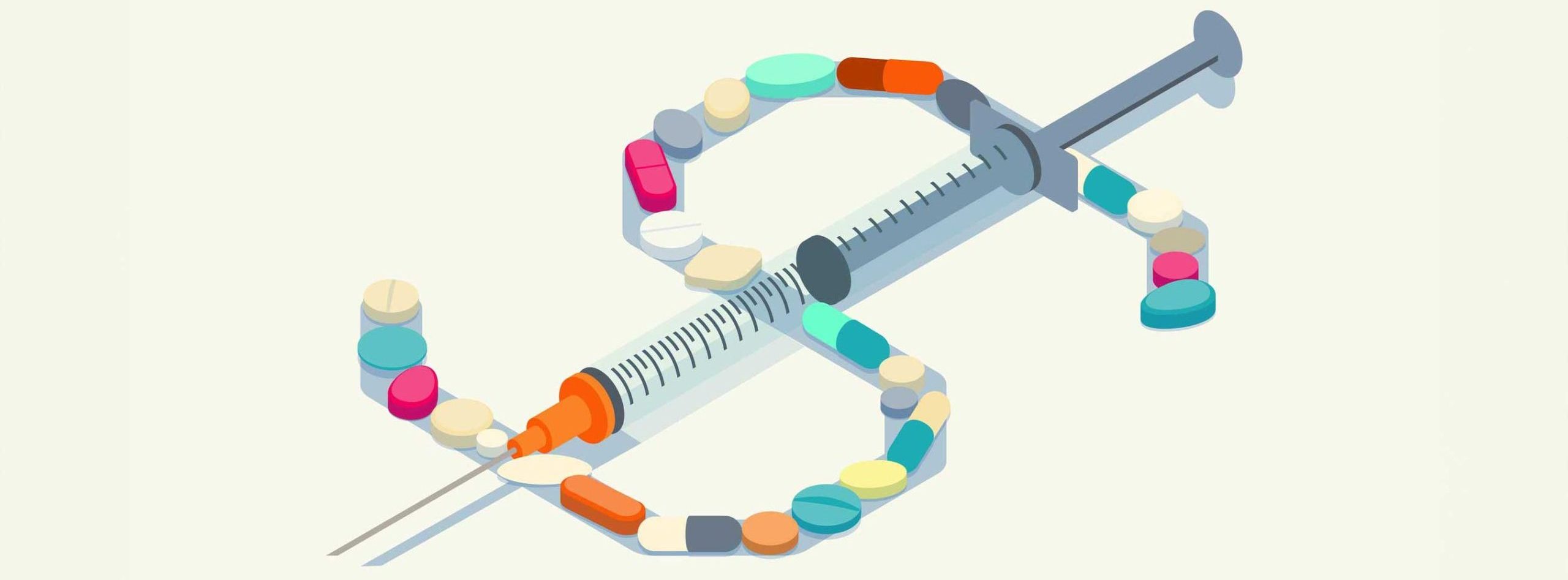While AI transforms diagnosis and treatment, automation optimises healthcare processes
India’s healthcare landscape is undergoing a transformative shift, fuelled by the convergence of artificial intelligence (AI), automation, and advanced analytics. This powerful trio is ushering in a new era of precision medicine, streamlined processes and data-driven decision-making, ultimately leading to improved patient outcomes and greater accessibility to quality care. The benefits extend beyond patients. Six in ten healthcare executives see technology as a key driver for increased revenue. This isn’t just about profits; it means more resources can be reinvested into improving care for everyone.
At the forefront of healthcare innovation stands AI. Leveraging vast medical data, AI algorithms excel in diagnosis and treatment planning. Medical imaging analysis, for instance, showcases AI’s prowess, accurately interpreting images like X-rays and mammograms to detect diseases early, thereby enhancing treatment efficacy and saving lives. This personalised approach considers individual patient profiles, predicting disease risks based on medical history, genetics and lifestyle factors, enabling tailored treatments and preventive measures with minimised side effects. In a recent study, doctors agreed with the AI’s main diagnosis suggestion over 60 per cent of the time, and in 84 percent of cases, they chose one of the AI’s top five suggestions. When focusing on specific diagnoses, agreement rose to over 90 percent.
Beyond diagnostics, AI-driven virtual assistants and chatbots transform patient engagement. These tools offer medical guidance, appointment scheduling and symptom analysis, reducing errors and expediting the revenue cycle for healthcare organisations. Additionally, AI helps in revenue optimisation by identifying areas for improvement and offering actionable insights, ensuring efficient resource allocation and financial stability.
The automation advantages
The healthcare automation market is expected to reach $80.2 billion USD by 2032. While AI transforms diagnosis and treatment, automation optimises healthcare processes, bolstering efficiency and reducing errors. Take robotic surgery for instance, which epitomises this progress by allowing minimally invasive procedures with unmatched precision and quicker recovery times.
Automated dispensing systems minimise medication errors, ensuring accurate dosages for patients. Administrative tasks like appointment scheduling and medical record management also benefit from automation, liberating staff to prioritise patient care.
Unleashing the power of analytics
In tandem with AI and automation, advanced analytics empowers healthcare professionals to make data-driven decisions, optimising patient outcomes and resource allocation. By analysing historical trends and patient data, healthcare providers can identify individuals at high risk of specific illnesses, allowing for proactive interventions and preventive measures. Experienced doctors used predictive analytics to forecast and stop a patient’s return to the hospital within a month by quickly treating their symptoms. This led to a 40 percent decrease in all-cause readmissions within 18 months of adopting predictive analytics in medical institutions.
Moreover, advanced analytics contributes to the optimisation of hospital resources and patient flow by identifying inefficiencies and opportunities for cost-saving measures. The implementation of predictive analytics and other advanced technologies supported by AI also helps in detecting and addressing potential errors before they impact revenue streams, leading to improved compliance and a reduced risk of audits and penalties.
Embracing the future
As India navigates this transformative journey, this collaboration between healthcare stakeholders, technology firms, and policymakers is imperative. By fostering partnerships, investing in research and implementing robust governance frameworks, India can lead the global charge in healthcare innovation.
As we stand on the cusp of this new frontier, the vision of a healthier world propelled by AI and machine learning is within reach. These technologies promise a quantum leap in global healthcare, enabling agile and accurate responses to medical challenges.
Yet, as we embark on this journey, it’s crucial to address ethical considerations such as data privacy and algorithmic bias. Striking a balance between innovation and ethical principles safeguards patient well-being and privacy.
The author is SVP of Engineering, Model N
This article was originally published on Financial Express.














